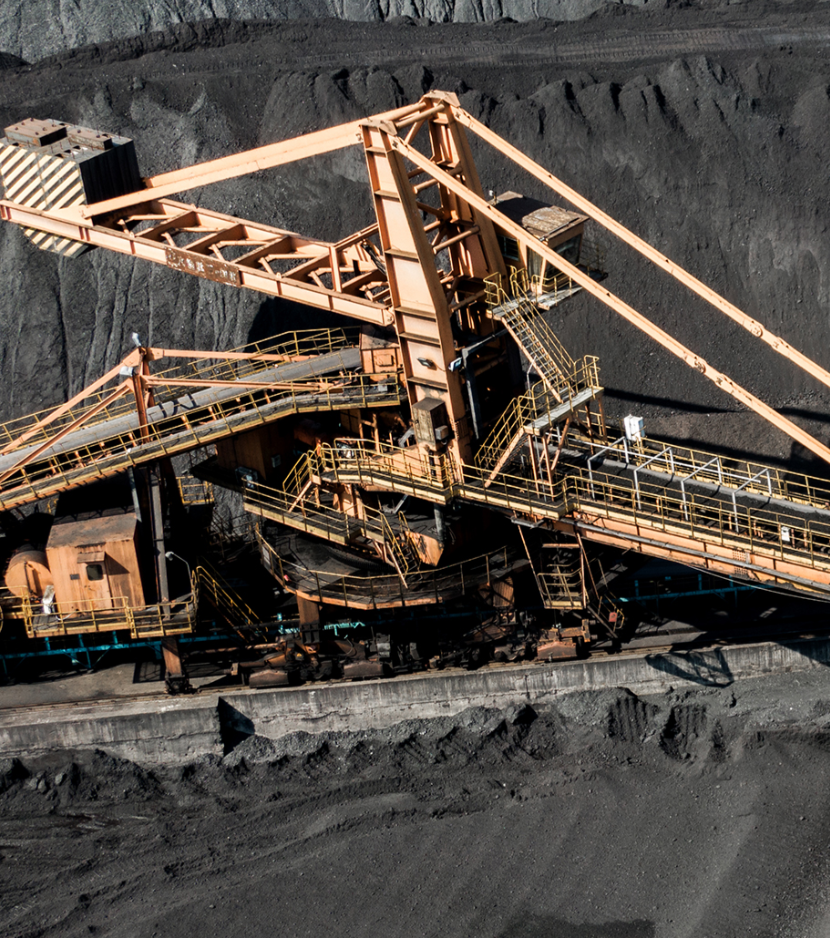APPLICATION OF COMPOSITE ROBOTS IN THE AUTOMOTIVE AND PARTS INDUSTRIES
Domestic automotive equipment manufacturers have begun to carry out flexible, agile, intelligent, information transformation and upgrading, AGV car as the best means of transport to achieve flexible manufacturing and flexible assembly, in the automotive equipment industry has been widely used. As one of the earliest industries in China to use AGVs, the automotive industry is in the four major processes (stamping, welding, painting, and final assembly) of automobile manufacturing. In different process links, AGV robots play different roles to help automate and intelligentize logistics handling.
1. The production process of the automotive industry is fixed, the degree of standardization is high, and it is suitable for the use of AGV equipment;
2. The automotive industry has more than 10 years of experience in the use of AGVs, and AGVs are already standard equipment;
3. The overall production beat of the automotive industry is high, and the demand for AGVs is large;
4. The automotive industry has a high degree of automation and strong applicability of AGV;
5. It can improve the automation and flexibility of the customer's factory and reduce a large number of labor costs.
ADVANTAGES OF THE PROGRAM
DOWNSIZING AND EFFICIENCY GAINS
Manpower savings of about 78%, production capacity increased by 60%, and direct economic benefits were greatly improved
Improve the efficiency of production quality traceability, improve product yield, and gain the trust of downstream OEMs.
This project is for the internal material handling of a car seat factory. Combined with centralized monitoring, remote support and transparent production status requirements, labor costs are saved, logistics and transportation are coordinated with production, productivity is improved, personnel and labor intensity are reduced.
From zero to one, the implementation of the new factory was completed, and the automation and informatization were realized directly across several stages by manual production









